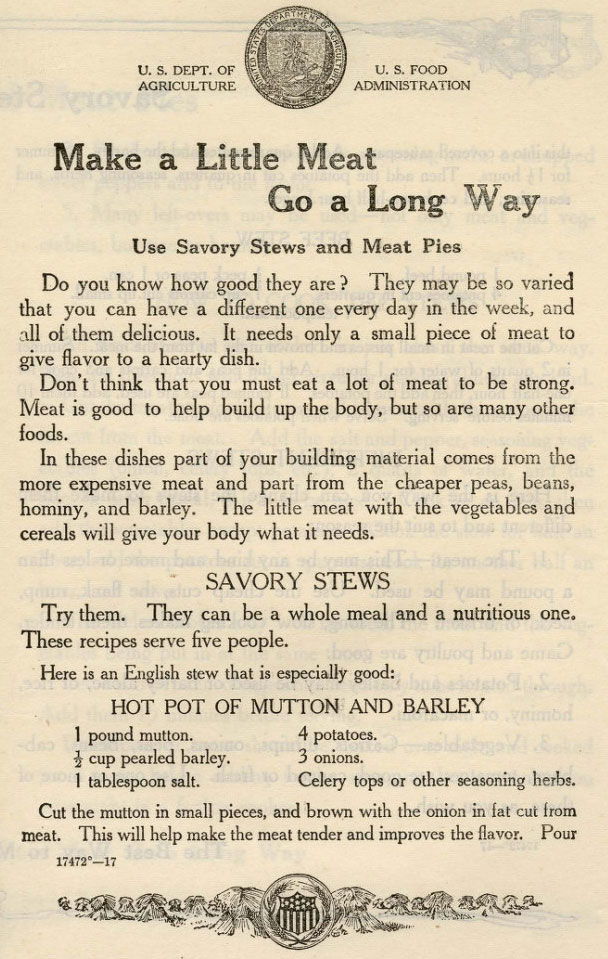At 7AM I walked past a man walking down the street wearing a short navy bathrobe over his boxer shorts. He had on slippers. His legs were bare. It was 45 degrees out.
“That’s awesome—I have an orange cat named Orangey,” Skinner replied. “He’s so mean, though. I usually just call him Mean Cat.”
“Oh, boy, I love cats! I turn cats into dogs,” Norma Jeane said.
Norma Jeane carried a wooden cane and a black handbag, in which she kept her Bible, an empty pickle jar that she used as a wallet, a cracked cell phone with no battery, a magnifying glass, and an old bottle for Seroquel, an antipsychotic medication used to treat bipolar disorder and schizophrenia. She said that the pills made her sleepy, so she’d stopped taking them long ago. She also has diabetes, but she couldn’t afford health insurance or treatment. “I haven’t taken insulin in three years,” she said.
Norma Jeane’s food arrived. It cost a little more than six dollars. Skinner paid with a twenty and put the change in Norma Jeane’s pickle jar. “I wish I could have a dill pickle, but I ain’t got my teeth on,” she said. “I love them Hot Mama pickles, sour pickles . . .” She trailed off.
“Where are you gonna spend tonight?” Skinner asked.
“I could go—what time is it?”
“It’s two-forty-one in the morning.”
“I’m trying to think,” she said. “I got to go where it’s clean. You know someplace I can go?” As a warm city in the Deep South, Savannah attracts many homeless people, but its overcrowded shelters had locked their doors around dusk. “I need to go to a Waffle House,” she concluded. “It’s open twenty-four hours. I’ll go in there and play the jukebox.”
Skinner notified the precinct of the plan, and pulled into the Waffle House parking lot, on Abercorn Street. Norma Jeane walked over to a booth in the corner. Then she took off her Santa hat and started messing up her hair, pulling strands so that they’d stick out in all directions. “This way, everybody gonna think I’m crazy,” she said. “No one gonna come up to me, this way. No one gonna hurt me.”
Back in the car, Skinner explained that part of his motivation in helping Norma Jeane was to prevent an emergency call, three hours later, of a homeless woman freezing to death. “Think of all the shit that went wrong in this country for Norma Jeane to be sitting in the car with us,” he said. Although schizophrenia affects a little more than one per cent of Americans, it’s a factor in a high percentage of police calls. A few hours earlier, Skinner had checked on a schizophrenic man who calls the police multiple times each night, reporting paranoid hallucinations; the department can never ignore a call, because he is the legal owner of a .357 Magnum revolver, and officers told me that he once tried to execute an intruder in his front yard. At times, Skinner feels as if the role of a police officer were to pick up the pieces of “something that has broken in every single possible way.”
“A huge amount of what police actually do is support and service and problem-solving,” David M. Kennedy told me. “And part of what’s so inside out is that most of that activity is not recognized.” Police officers are increasingly filling the gaps of a broken state. “They do it essentially on their own, usually without adequate training and preparation, often without the skills they need, and overwhelmingly without the resources and institutional connections that it would take to do those things well.”
Twenty-seven hours after we left Norma Jeane at the Waffle House, another cop radioed in an E.M.S. call. A fifty-nine-year-old homeless woman, dressed in a Santa hat and a leopard-print jacket, was freezing to death.
In February, Skinner began a permanent beat, from 2:30 P.M. to 11 P.M. Residents have begun to get used to him. In March, during a foot chase in Cuyler-Brownsville, two women—one of whom he’d put in handcuffs the previous week—started cheering for him from their porches. “Go, Skinner, go!” they shouted, laughing. He’d lost sight of the suspect by then, and asked if a young man had just run past. On a block where the police never get tips, the women helped him narrow the search.
One recent Saturday night, two drunk men sitting in a park waved Skinner over. One of the men was trying to console his friend Kenneth, whose girlfriend had kicked him out and taken away his car keys. Suddenly, Kenneth stood up and reached for Skinner, to embrace him. Skinner hugged back.
A few minutes later, Skinner described the scene to an officer-in-training. She was aghast. At the police academy, cops are trained how to position their bodies when interacting with members of the public—one shoulder forward, gun hip always out of reach.
“I know—I lost tactical advantage,” Skinner told her.
“Yeah!” the trainee said.
Skinner smiled. “I’m not looking for tactical,” he said. “I’m looking for strategic.” ♦




